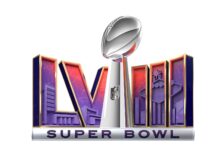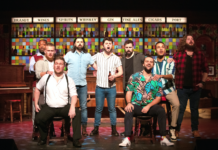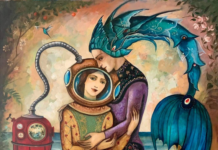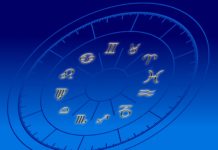Fourth of July celebrates the signing and adoption of the Declaration of Independence in 1776. It marks the official beginning of our great country’s history and is often associated with fireworks, family reunions, barbecues, parades and baseball games. In the 244 years since then, we’ve also managed to come up with some wacky and wild traditions and fun facts. Here are some of our favorites:
Before protests about wearing face masks, there was a Straw Hat Riot in 1922. At the end of summer, men would swap their straw Panama hats for fancier (but less breathable), felt hats. Failing to do so could lead to theft or destruction of your straw hat and intense social ridicule. In 1922, people had had enough, and hosted fashion riots where thousands fought for days to wear the hat of their choosing.
Fourth of July celebrates the signing and adoption of the Declaration of Independence in 1776. It marks the official beginning of our great country’s history and is often associated with fireworks, family reunions, barbecues, parades and baseball games. In the 244 years since then, we’ve also managed to come up with some wacky and wild traditions and fun facts. Here are some of our favorites:
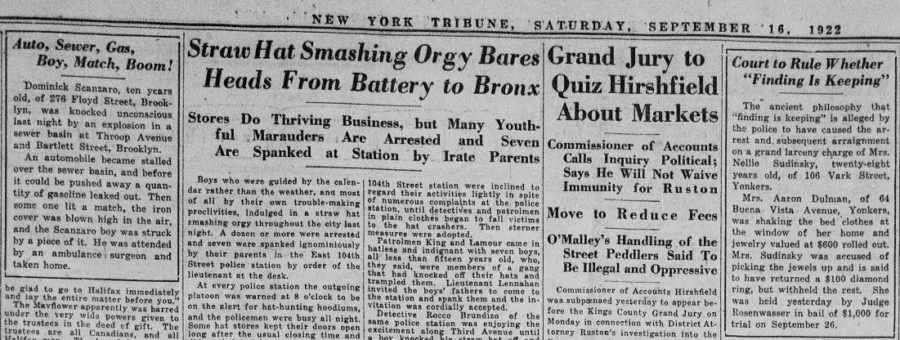
In spring 1959, everyone was going wild over a new trend from overseas: phone-booth stuffing. People would cram their bodies into the narrow space in any way they could, including horizontally. The world record came from South Africa, where 25 people fit into a booth. When the phone coincidentally rang during the stunt, no one could answer it.
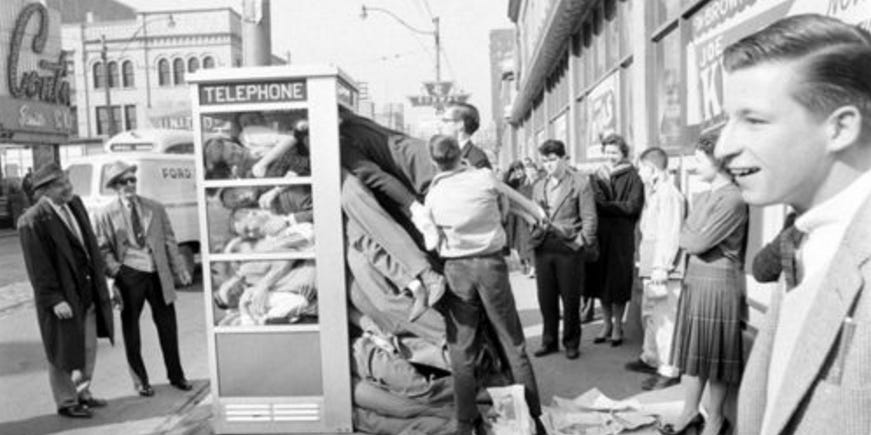
While pizza may have hailed from the land of Stiletto heels and gondolas, Americans have certainly adopted the food as our own. Every single day, we collectively consume 100 acres of pizza. Annually, around 300 billion pies are sold in the country.

When we think of Abraham Lincoln, most remember him for helping the country get through the Civil War, signing the Emancipation Proclamation abolishing slavery in the U.S. or his assassination by John Wilkes Booth. But long before becoming president, Honest Abe was known for his wrestling prowess. He won 299 out of his 300 matches, and is actually in the Wrestling Hall of Fame.
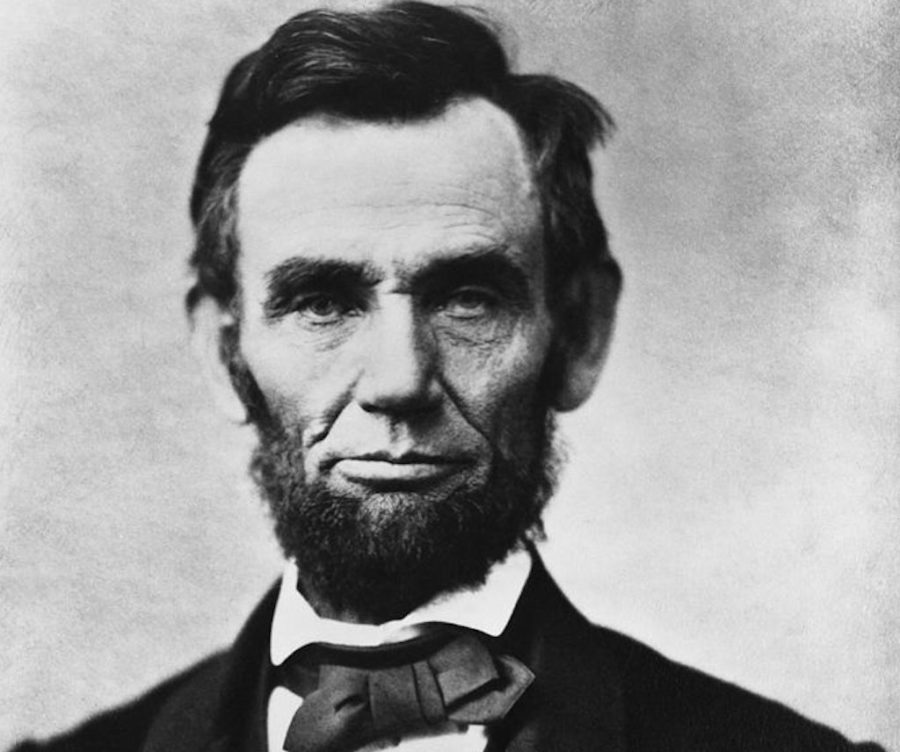
Americans love to sue each other and … tomatoes? On Sept. 25, 1820, the town of Salem, New Jersey held a trial against tomatoes. The people believed the fruit was poisonous and wanted them brought to justice. Robert Johnson proved them wrong by standing in front of a crowd at the courthouse and consuming a whole basket of tomatoes. When he didn’t die, the trial was dismissed.

Unicorn Hunters … why, yes, of course. The late W.T. (Bill) Rabe, known for his clever PR stunts from his days as a Detroit-area publicist, created the Unicorn Hunters in 1971, shortly after he was hired as Lake Superior State University’s director of public relations. With assistance of LSSU professors of English Peter Thomas, John McCabe, John Stevens and others, they came up with the hunters as a way of garnering more publicity for LSSU, which had just established itself as an independent school after being a branch of what is now Michigan Technological University. Today, LSSU continues to receive mail addressed to the Unicorn Hunters. Many people write or call to find out if LSSU is still issuing Unicorn Questing licenses, and the university is happy to be able to offer the license on its website: lssu.edu.
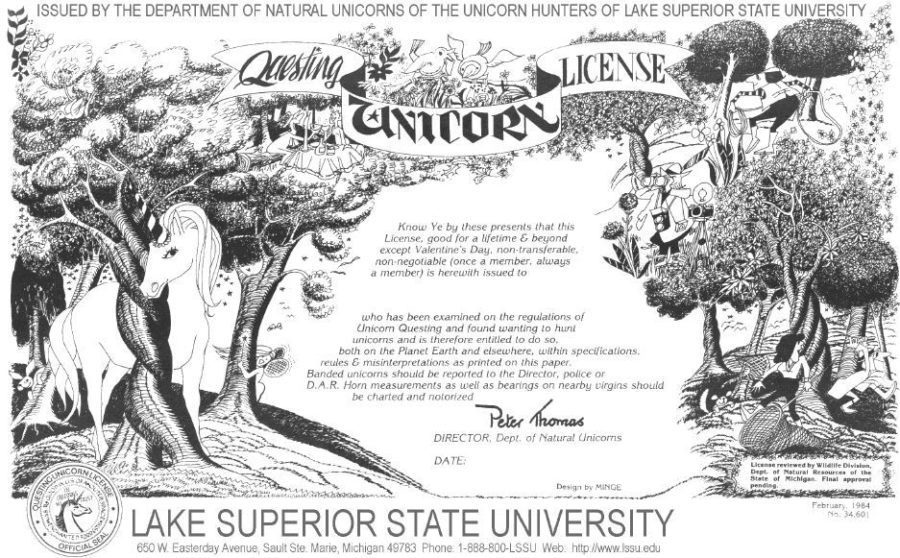
The five-digit ZIP code revolutionized the mail delivery business in the U.S. in 1963. But there’s also some pretty interesting history behind ZIP codes of around 42,000. Not only does the White House have its own ZIP code, 20500, but the president of the U.S. and the first family also have their very own, secretive code for mail. And yes, Smokey Bear, the U.S. Forest Service’s mascot became so popular that he received his own ZIP in 1964, 20252.
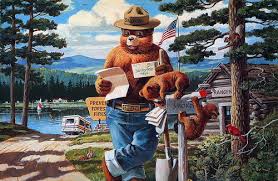
Secession. The Keys aren’t the only ones to attempt secession with the Conch Republic mutiny of 1982. In 1850, the populace of Rough and Ready, California — a mining town with a lawlessness problem, no help from the feds, and a new mining tax — opted out. But three months later, they wanted to have a Fourth of July celebration and the nearby liquor stores in Nevada City wouldn’t sell liquor to “foreign miners.” The townspeople voted themselves back into the Union on the same day.
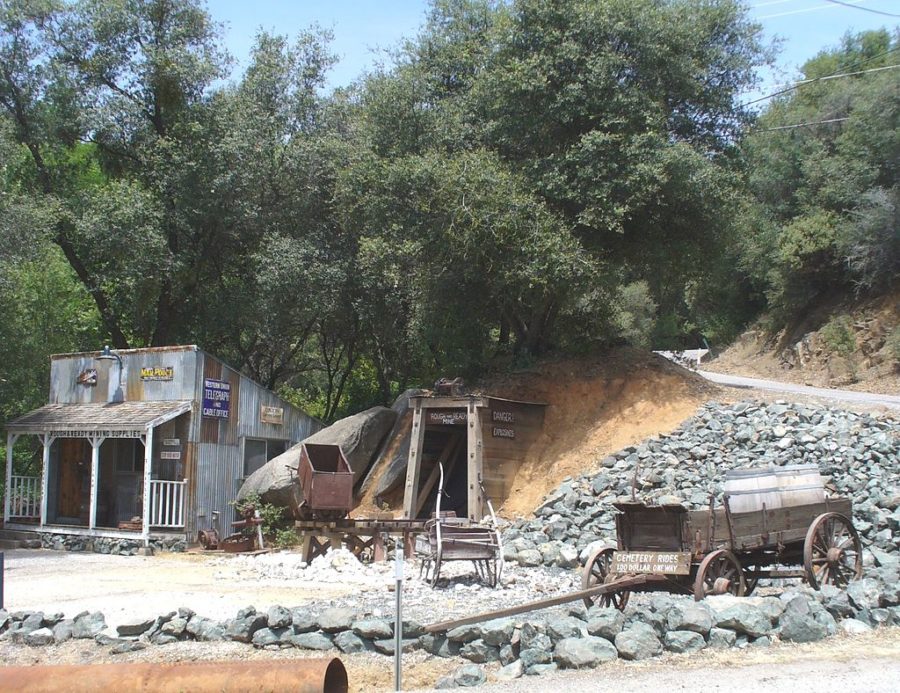
When Josephus Daniels was appointed secretary of the U.S. Navy in 1913, he banned alcohol from military ships. Legend has it that sailors began to refer to the hardest drink available to them — coffee — as a “cup of joe.”

Thomas L. Jennings was born a free Black man in 1791 New York City. He was a tailor and eventually opened his own shop. When he discovered that many fabrics were resistant to established methods of cleaning, he invented a new method: “dry-scouring.” He invented the process we know today as dry-cleaning. He was granted the patent in 1821; he is widely considered to be the first African-American to receive a patent.
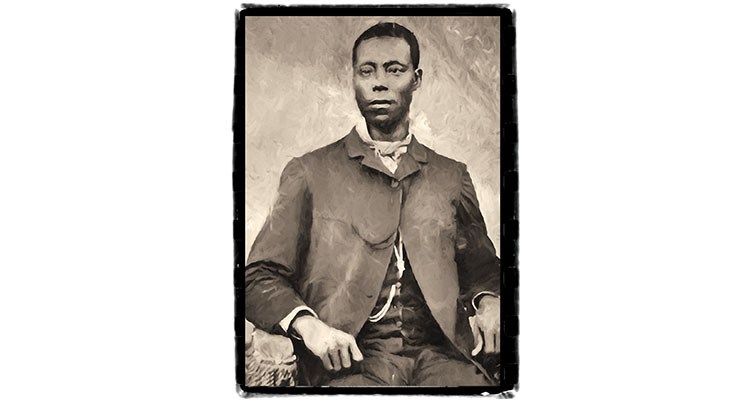
The FBI ditched paper files only 8 years ago, in 2012. The effort took decades and cost more than $600 million. To be fair, there were a lot of archived records that needed to be digitized.
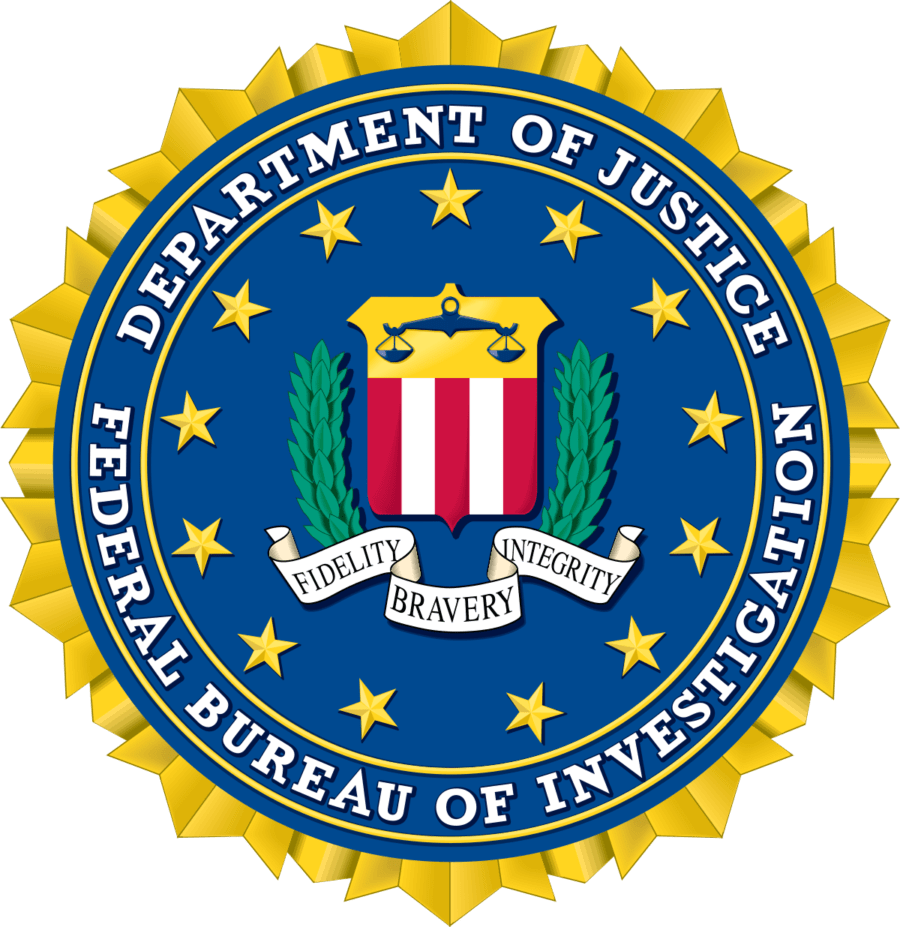
For the public at large, the word “deadline” means when something is due. But during the civil war, a “dead line” was a line within or around a prison. Prisoners would be shot for attempting to cross the “dead line.”


















